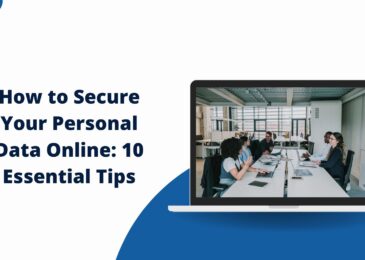When you are looking for the most effective marketing strategy for organic website traffic, search engine optimization (SEO) is your best bet. SEO ranks your website at the top of the search engine results page to increase brand awareness and click-through-rate (CTR).
But this is not as straightforward a process as it sounds.
Search engines have complex algorithms influenced by a long list of ranking factors to determine who appears where.
In no particular order, let’s have a look at the most important things when it comes to SEO.
Keyword Targeting
Keywords are the backbone of SEO. Users have to type in a word or phrase, whereupon the search engine then identifies websites with matching and relevant content.
Firms that create content without first identifying top search keywords will not realize the benefits of SEO.
To get started, ensure that you have a clear picture of your prospective client personas and what legal services they will be searching for. Develop both short- and long-tail keywords, and then watch as your law firm SEO does the rest.
Website Security
Understandably, search engines want to direct users to websites that are safe and trustworthy. This is why website security remains among Google’s top-ranking factors since the advent of SEO.
How do I know if my law firm site is secure?
Websites that are safe begin with HTTPS in their URL, as opposed to HTTP. This means they have an SSL certificate to secure connections between the site and its visitors.
Loading Time
Another factor that is important in SEO is a website’s loading speed. Search engines want to provide a positive user experience to Internet users, and a slow website does the opposite.
In 2018, Google announced that loading speeds would be a key ranking factor not just for desktop, but also for mobile searches. Actions such as file compression, website caching, and minimizing redirects will improve your loading speed significantly.
Crawlability
Crawlability is the ability of a search engine to examine a website, determine its content, and identify important ranking factors. If search engines cannot find your site on the Internet, they have no way of ranking it in the search results.
To begin, submit your sitemap.xml file to Google and other top search engines. You can also check to see how many pages Google has crawled by confirming your index status on Google’s Search Console. Finally, rectify any 404 errors and confirm that the robot.txt file is clear on which pages to index and which to disallow.
Website Responsiveness
The number of Internet users performing searches using a mobile phone is growing exponentially. Since 2017, more than half of all web traffic has been attributed to mobile devices with the number set to rise in the coming years.
As such, search engines are awarding search rankings to mobile-friendly websites whose content can adjust to fit every screen size. Responsive design provides a great user experience that benefits both the search engine and the website owner.
Content Quality
When all’s said and done, search engines will always provide users with relevant, high-quality, and well-researched content. This will not only afford you an impressive CTR, but also increased user engagement.
First, develop a consistent posting habit, and second, curate fresh content that your audience will love and search engines will find worthy of a high ranking.
Backlinks
Backlinks are links to your site that come from other websites. In other words, someone found your content helpful and would like to include it on their website for visitors to refer to.
This immediately creates trust with search engines, showing that your content is credible and of high quality. Backlinks also establish your site as authoritative in a particular niche. This way, when someone is searching for particular services, your website is among the top finalists.






